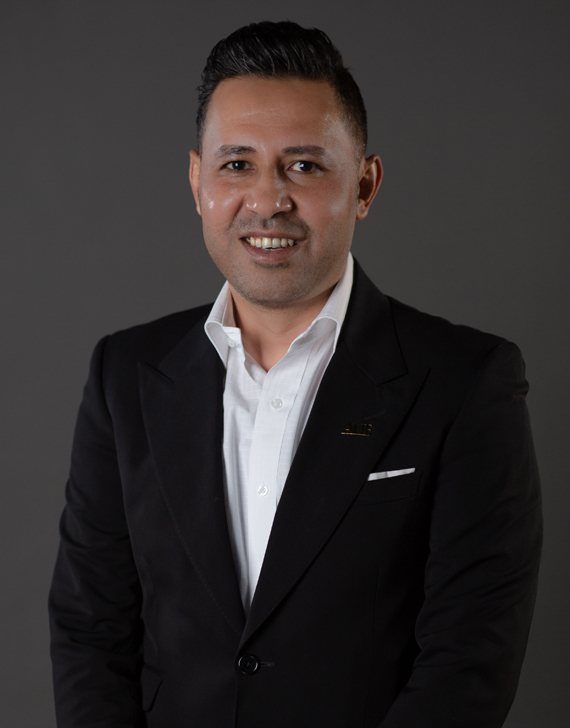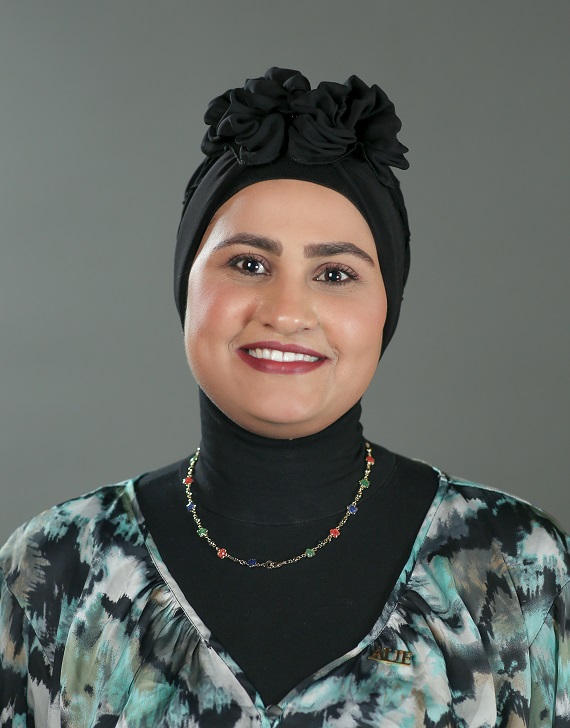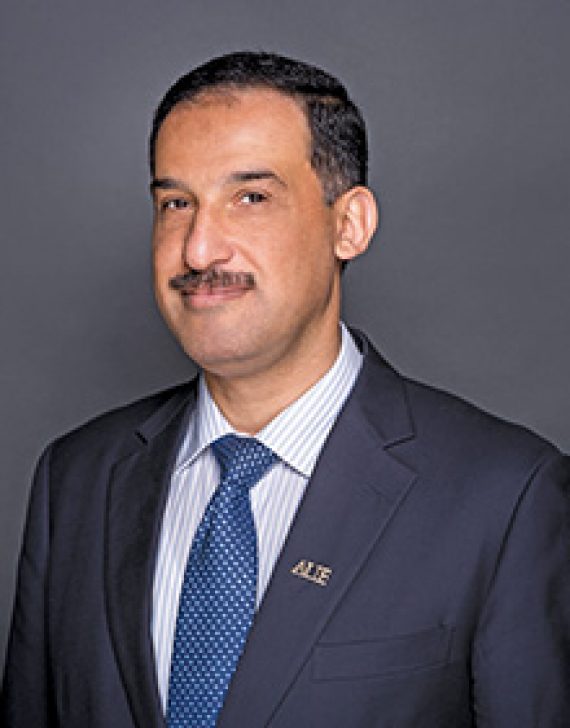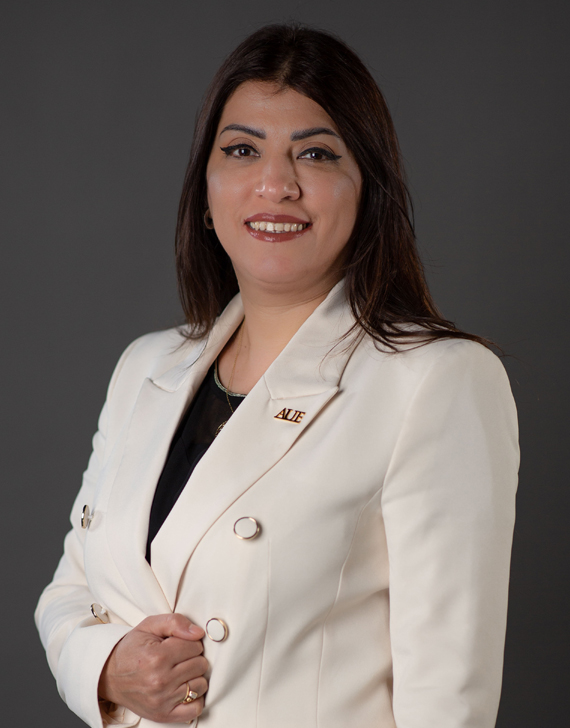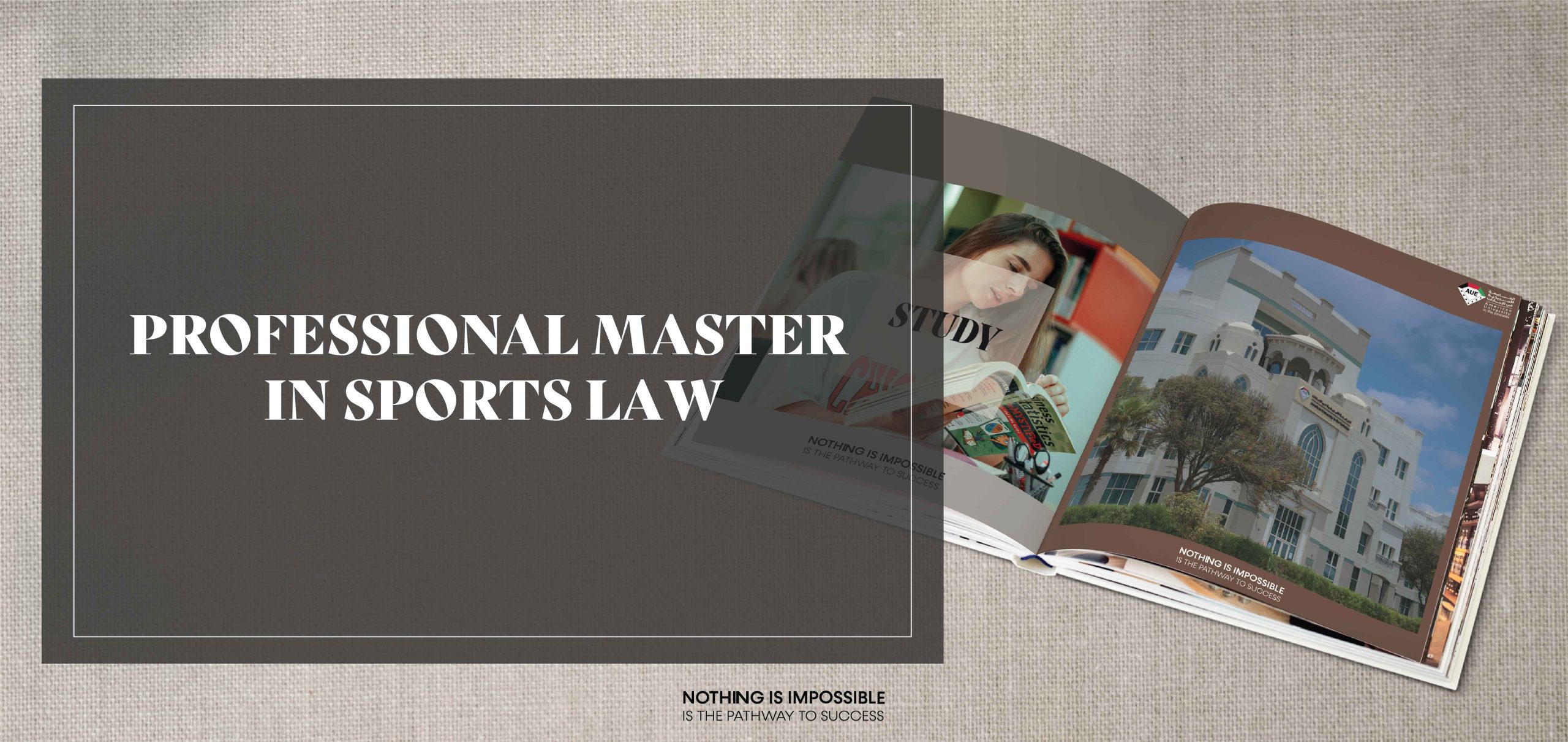
- Overview
- Program Structure
- Accreditations
- Faculty
- Admission
-
Duration
2 Years
-
Classes
Weekday Morning Weekday Evening
-
Fees
Tuition (One Semester) ……… Approx. 42,000 AED
One academic year is two semesters
Admission (One Time) ……… 3,500 AED
About Program
There are many potential types of legal infringement committed under the banner of professional sports today, whether in marketing and advertising, broadcasting, reputation management or celebrity privacy.
Sports Law seeks to create a framework related to sports that can be regulated and relied upon by national and international sporting bodies and organizations. Governmental bodies concerned with sports, such as the Ministry of Youth and Sports and its affiliated bodies, require specialists in the rules that govern them; this program exists to create such specialists.
Program Goals
- To provide the graduates of Professional Masters in the Sports Law all legal cultures with a specialization in the field of sports through which the graduate can face the local, Arab and global market through a series of scientific studies and advanced theory.
- Providing the UAE and Arab society with a group of legal competencies in the field of sports capable of giving and perform in an institutional excellence manner through an integrated study of all sports- related contemporary issues.
- Conducting studies with legislative comparison between the GCC, Arab and international sports regulations and laws, with the implementation of all successful experiences and benefiting from various applications thereof.
- Attempt to develop all the scientific capabilities and the skills of scientific research for the student in the professional masters of sports law in order to provide a graduate who is capable of solving all scientific and research problems related to contemporary sports issues.
- Provide the community with graduates able to make a change in the leadership processes and the formulation of sports regulations, rules and legislation in a manner consistent with international rules and national sovereignty.
Program Learning Outcomes
- Explain the knowledge in the field of sports law in an in-depth and comprehensive manner, as well as the related rules and regulations in terms of national and international scope.
- Use the basic skills related to the field of sports law in terms of his/her ability to analyze and interpret, which represents a complete ability to use them within the field of specialization.
- Use constructive critical thinking skills to provide professional advice of legal relevance in the sports field related to the determination of the scope and jurisdiction of responsibility.
- Practice the drafting of legislation and the preparation of draft sports law and regulations and national and international sports contracts.
- Develop innovative and. smart solutions related to settlement procedures and resolving sports disputes.
- Analyze the contemporary knowledge of scientific research to be the basis for constructive critical thinking with knowledge of latest developments in the framework of sports law and regulations.
Program Structure
Course Category
Bridging Courses(*)
Core Courses
Elective Courses
Thesis 1
Thesis 2
Total (Excluding Bridging Courses)
Total Number of Courses
8
7
3
1
1
12
Total Number of Credit Hours
16
18
9
3
6
36 Credit Hours
(*)Required for students who have their Bachelor degree in different field than Law
- Bridging Courses
- Core Courses
- Free Electives
- Thesis
This course deals with the study of the general principles of labor law, starting with the definition of labor law, its significance and characteristics, the historical development of labor law and sources of labor law, also the legal provisions regulating the individual labor contract and the collective labor contract, the elements and conditions of a contract, its duration, the effects of its termination, and the consequent obligations on the worker and the employer as well as the guarantees granted to the parties of the work contract and the issues addressed by the UAE Labor Law in the field of the employee’s relationship with employers, the Social Security Law and its significance, work injuries, occupational diseases, insurance against disability and old age in a country such as the UAE, and the means to settling individual and collective labor disputes.
This course discusses the sports’ legal terms in the English language, in the field of sports contracts, international sports’ charters, sports disputes and other legally related sports topics.
This course covers the study of the legal responsibility of athletes – sportsmanship responsibility, criminal responsibility, and civil responsibility – as well as the study of crimes committed due to sports, such as crimes related to referees expressing bias to or against one of the teams with the intention of the team winning or losing. Or the sports administrations’ involvement with the intention of changing the course of a game’s outcome, or that which relates to gambling manipulation with the intent of illegitimate gain, also acts of violence committed during the practice of sports are originally considered to be crimes unless legislator allows for the practice of such acts within the games thus it’s necessary to become aware of reasons behind allowing for acts of violence within sports’ games, as a player’s assault against his peers; by word or deed by beating or with an insulting act are all considered as their criminal or civil responsibility as well as their sportsmanship responsibility which all fall under sports regulations. The course also covers many other crimes that may be committed on the occasion of holding sports activities, these acts are crimes that entail responsibility leading to penalty for the perpetrator.
This Course aims in introducing students to the sponsorship of sporting events, marketing and investments in sports, which include broadcasting contracts, sponsorship contracts, advertising, betting, ticket offices, and sports tourism, which centers on a sporting event and the attendant hotel accommodation contracts, airline tickets and souvenir purchases, as well as the legal implications of all of this.
Additionally, the Course focuses on studying sports industry and the transactions that take place upon them, as the UAE LAW considers sports as a business. The prevalence of professionalism has turned sports into a business.
This Course covers topics related to the sports charters and the laws of some sports to ensure providing up to date legal and technical information. The charters and laws aims to ensure fair play and competition.
In football, for example, students will study the laws that ban all form of commercial advertising on the field of play, control the number of players and substitutes, and determine the use of yellow and red cards to discipline players.
Also, the powers and duties of a football referee include enforcing the laws of the game, making decisions, taking advices from his assistants, and providing the appropriate authorities with a match report on disciplinary action and any other incidents that occurred before, during or after the match. A football referee is not responsible for any losses incurred by others as a result of his decisions, and is authorized to show red cards to players in certain cases, including serious offenses such as violent conduct or an illegal and purposeful obstruction of a goal scoring.
Recommended Study Plan
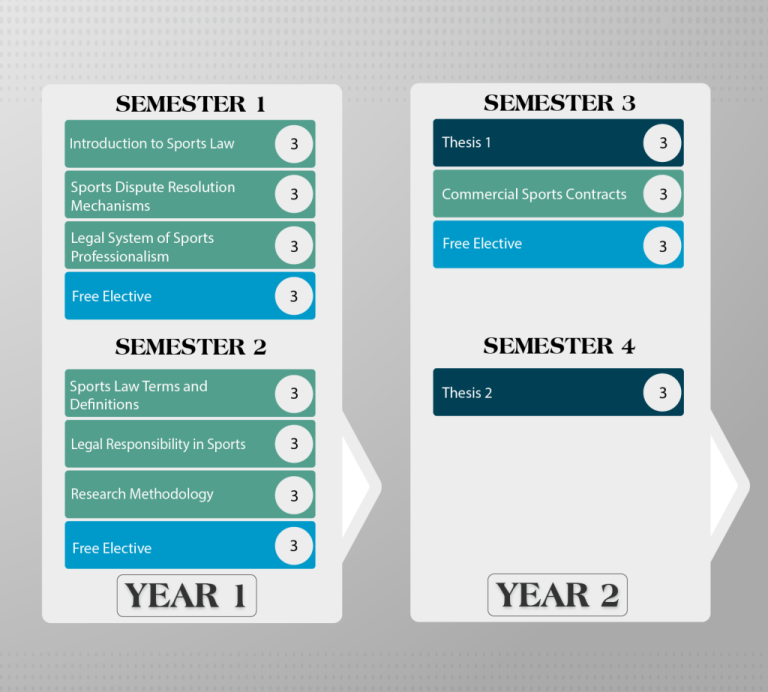
Accreditations
The American University in the Emirates is licensed by the UAE Ministry of Education – Commission for Academic Accreditation | caa.ae
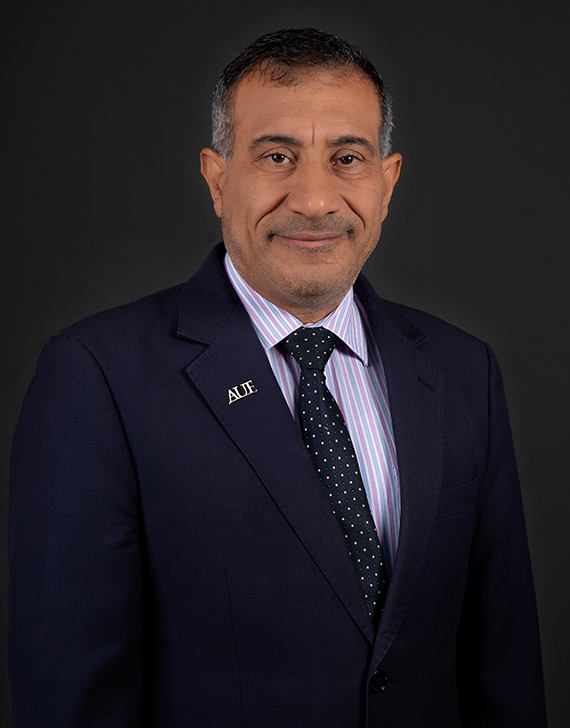
Prof. Raad Adham Al Sammarraie
Professor / Program Director – Masters of Intellectual Property
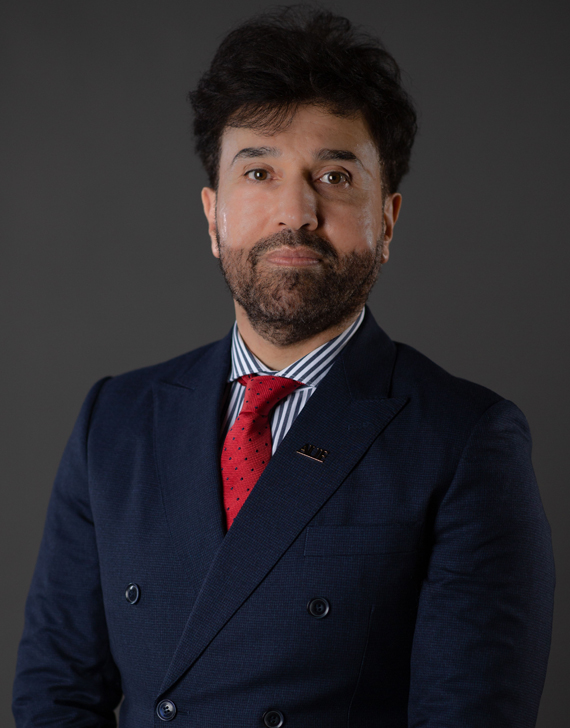
Dr. Qusay Al Falahi
Associate Professor / Program Director – Master in Arbitration
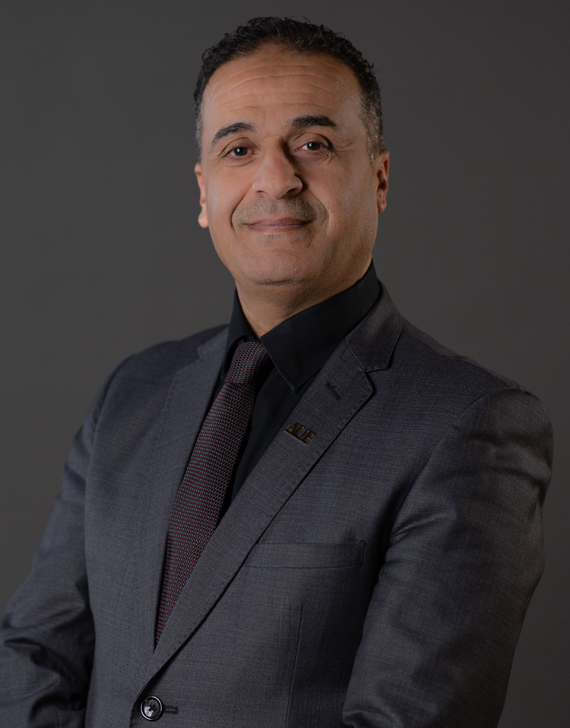
Dr. Ehab Alrousan
Associate Professor / Program Director - Master in Criminal Sciences
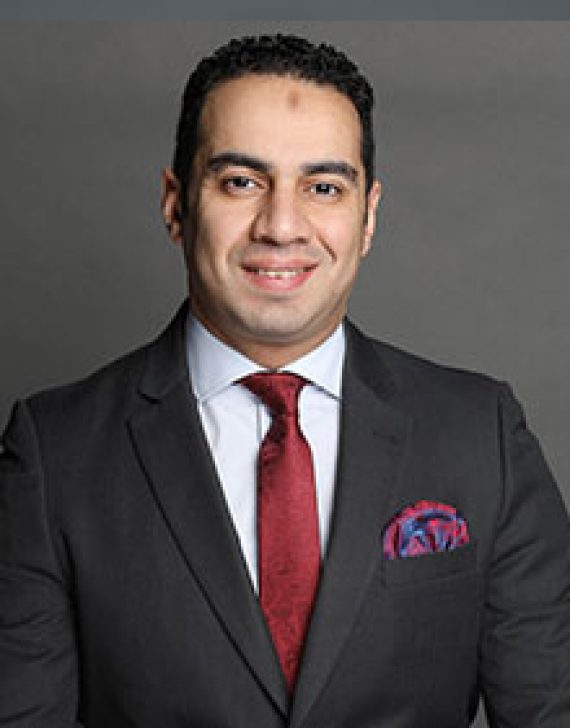
Dr. Ahmed Eldabousi
Associate Professor
Graduation Requirements
For graduate degree completion, graduate students must satisfy the following requirements:
- Earn a minimum CGPA of 2.00 on a scale of 4.00.
- Successfully complete all courses as described in the study plan.
- The Degree Completion requirements must be met within the timeframe of the program.
- Successfully complete the “Thesis” course.
Joining the Program
- Fall Semester
-
September
-
Spring Semester
- January
- Summer Semester
- May
